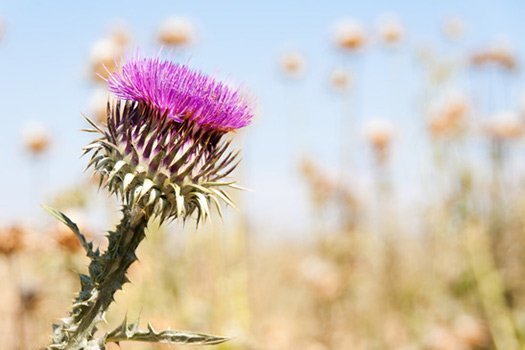Four major supplement retailers have been accused of selling dietary supplements that contained unlisted ingredients, or had fraudulent labels. The New York State attorney general’s office has accused GNC, Walgreens, Walmart and Target.
Four out of five of the products tested contained none of the herbs listed on the label. In most cases they consisted almost entirely of cheap filler ingredients such as rice and even houseplants, posing a severe health hazard for individuals with food allergies.
Some of the dietary supplements analyzed by the attorney general’s office included:
[highlight]GNC – Herbal Plus[/highlight]
St. John’s Wort
- Contained NO St. John’s Wort
- Did contain allium (garlic), rice and dracaena (tropical houseplant)
Gingko Biloba
- Contained NO Gingko Biloba
- Did contain allium, rice, spruce and asparagus
Ginseng
- Contained NO Ginseng
- Did contain rice, dracaena, pine, wheat, grass and citrus
Echinacea
- Contained NO Echinacea
- Did contain rice in some samples
Saw Palmetto
- One sample contained SOME Palmetto
- Other samples contained a mix of ingredients which included rice, asparagus and primrose
[highlight]Walgreens – Finest Nutrition[/highlight]
St. John’s Wort
- Contained NO St. John’s Wort
- Did contain rice, garlic and dracaena
Gingko Biloba
- Contained NO Gingko Biloba
- Did contain rice
Ginseng
- Contained NO Ginseng
- Did contain rice and garlic
Garlic
- Contained NO Garlic
- Did contain rice, wheat, palm and dracaena
Echinacea
- Contained NO Echinacea
- Did contain rice, garlic and daisy
Saw Palmetto
- Contained Saw Palmetto!
[highlight]Walmart – Spring Valley[/highlight]
St. John’s Wort
- Contained NO St. John’s Wort
- Did contain rice, garlic and cassava (Brazilian arrowroot)
Gingko Biloba
- Contained NO Gingko Biloba
- Did contain rice, mustard, dracaena and radish
Ginseng
- Contained NO Ginseng
- Did contain rice, pine, wheat, grass, citrus and dracaena
Garlic
- One sample showed trace amounts of Garlic
- Did contain rice, pine, palm, wheat and dracaena
Echinacea
- Contained NO Echinacea or any other plant material
Saw Palmetto
- Some samples contained trace amounts of Saw Palmetto
- Did contain rice and garlic
[highlight]Target – Up & Up[/highlight]
St. John’s Wort
- Contained NO St. John’s Wort
- Did contain rice, garlic and dracaena
Gingko Biloba
- Contained NO Gingko Biloba
- Did contain rice, garlic and mung
Garlic
- Contained… GARLIC!
Echinacea
- Most samples contained Echinacea
- One test detected rice
Saw Palmetto
- Most samples contained Saw Palmetto
- Some samples contained no plant material
Valerian Root
- Contained NO Valerian Root
- Did contain rice, garlic, asparagus, saw palmetto and wild carrot
Why Inaccurate Dietary Supplement Labels are Dangerous
Aside from the obvious issues surrounding fraudulent labels and duping customers into buying capsules filled with rice, these inaccurate labels can be dangerous.
Consider individuals with food allergies, with no clue their dietary supplement contains harmful ingredients not found on the supplement facts / ingredient list. Not only are they not getting the supplement they paid for, they can be doing severe harm to their health by taking it daily.
This case just took a look at 4 major supplement retailers, and found an issue with almost every sample they looked at. Imagine the problem facing the supplement industry as a whole. With thousands of dietary supplements available these days, the problem is a far reaching one to say the least.
Who is to blame? The supplement retailers themselves? Or could it be the labs who manufacture the supplements giving the retailers the slip? Either way, something needs to be done to further regulate the supplement industry and protect consumers.

